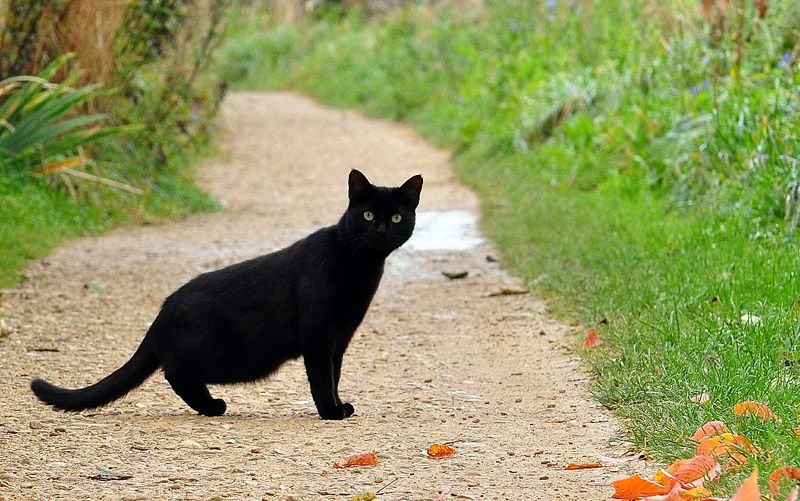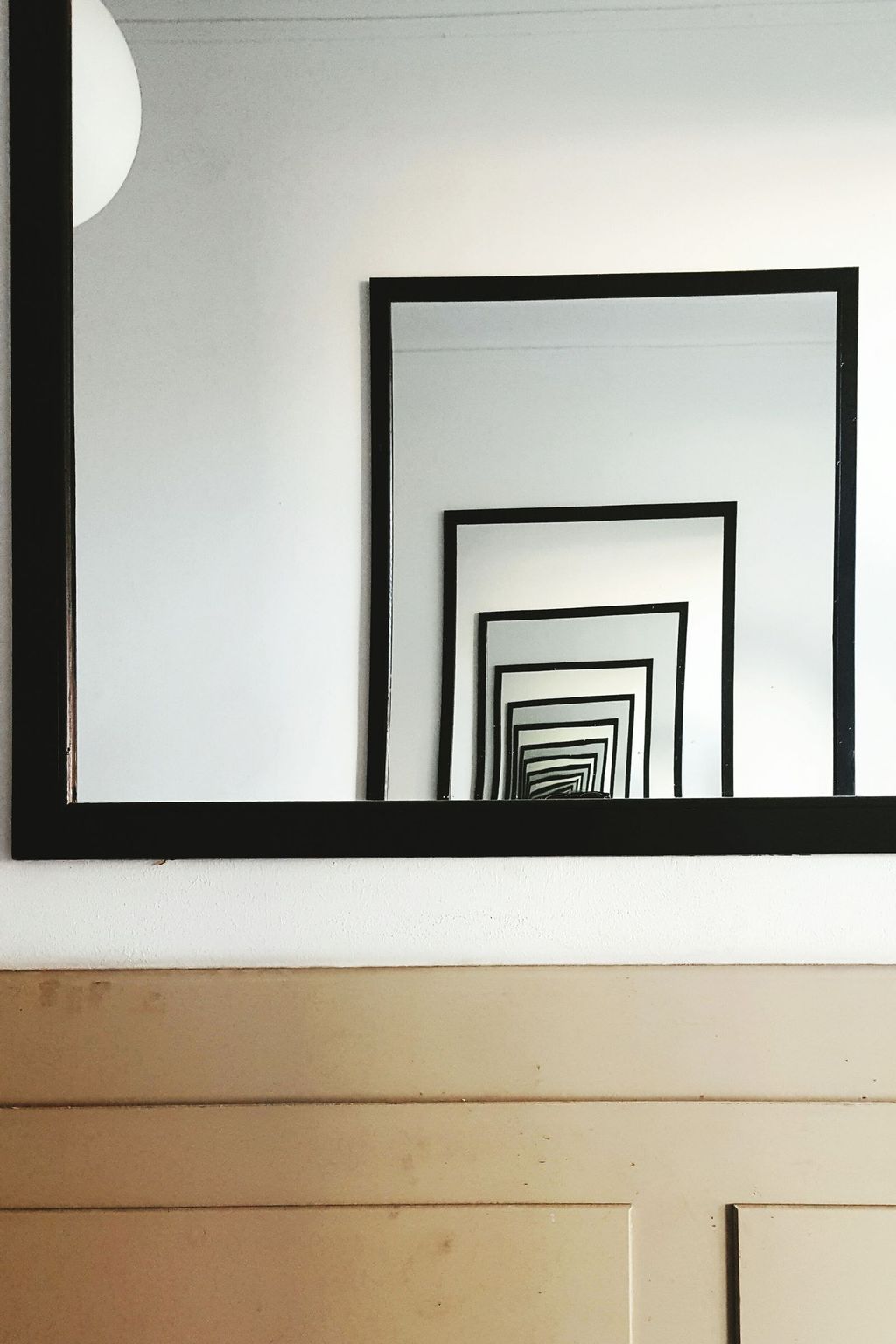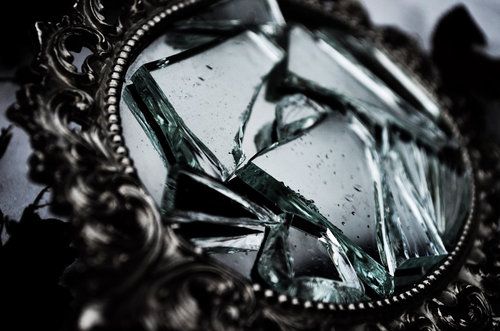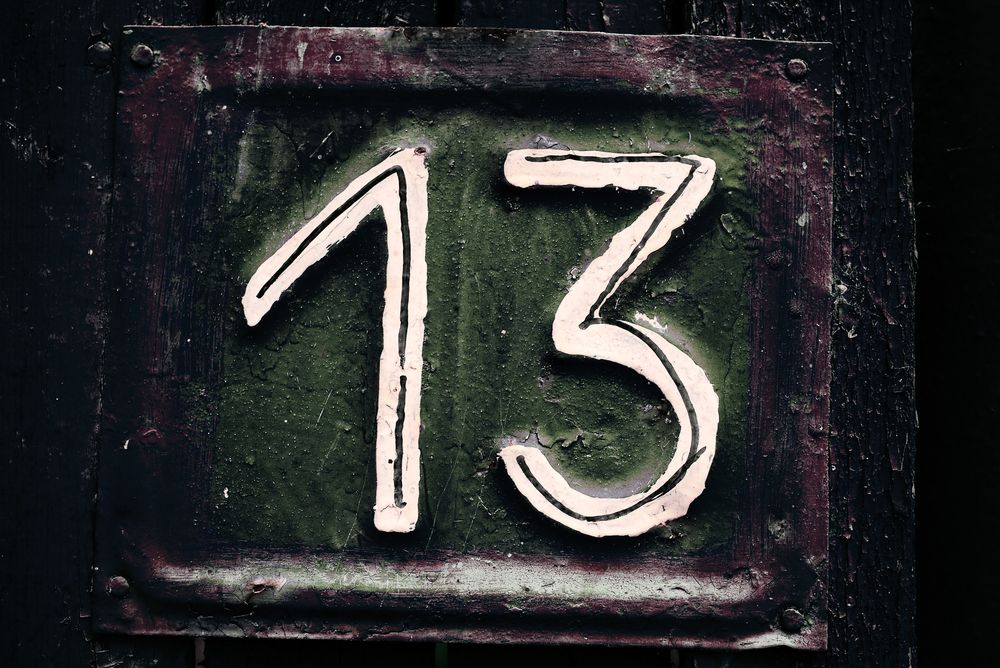Strange Superstitions From Around The World
Jul 22, 2019 • 38 views
“Don’t walk under the ladder”, “Don’t cut your hair on Tuesday”, “Knock on the wood and nothing bad will happen” – we all must have heard these superstitions. Superstitions follow us everywhere. We unapologetically cross our fingers (and toes and … well … whatever else we can) when we need a little extra luck. Superstitions are as old as man. The earliest men who did not know science and logic fell on straightforward prey to the superstitious notions. Even today we follow certain superstitions, be it by force or by faith. Scroll down to see some of the strangest superstitions from around the world.
1.Black Cat Crossing Path

This is one of the most common superstitions we all must have heard of. It is believed that if a black cat crosses your path, you’ll have a bad accident. In Europe, a black cat is considered as a symbol of bad luck, particularly if one walks across the path in front of a person. It is believed to be an omen of misfortune and death. Whereas in Germany, some believe that black cats crossing a person's path from right to left is a bad omen.
2.Placing two mirrors opposite each other

Wouldn’t it look cool to see infinite reflections with mirrors facing each other? Sure it would look amazing but not in Mexico. In Mexico and elsewhere, it is believed that if two mirrors are put in front of each other, it acts as a threshold for the devil.
3.Whistling Indoors

Whistling indoors is considered bad in different parts of the world and it serves different reasons for different places. Russians believe that whistling indoors supposedly leads to financial problems. In Norway, whistling at the sun supposedly causes rain. According to Lithuania legends, if you whistle inside a house then demon spirits will appear to attack and chase you.
4.Scissors

In Egypt, if you handle scissors when you are not cutting anything or leave a pair of scissors open or idly play with the scissors, it’s a symbol of bad luck. Plus, it's just plain dangerous.
5.Hair

In India, it is a bad omen to wash your hair on Thursdays and Saturdays, as those are the days of Saturn, which is revered by Hindus. Also, cutting hair on Tuesday is considered bad. It is believed that doing so invites bad luck.
6.Owls are bad omens

Owls are considered as a sign of bad luck in Egypt. According to the Egyptian superstition, if you see or hear an owl, terrible news is coming. In Italy, it is believed that if an owl ends up in your house, someone in your family will die.
7.Walking under the ladder

We all must be familiar with this superstition that walking under a ladder is considered a bad omen. This superstition dates back to medieval times. The ladder, back then, was the symbol of gallows where people were hanged. So, it was believed that the spirits of people who were hung resided within the triangle formed by the leaning ladder.
8.Broken Mirror

Mirror superstitions roots from the time when the first humans saw their reflections in a pool of water. They believed that the image in water was their actual soul and to endanger it would mean risking injury to the other-self. It is believed that breaking a mirror will result in seven years of bad luck. Some folklore explains that a person's reflection in a mirror is connected to a piece of the person's soul. With that in mind, breaking a mirror doesn't sound too great.
8.Nails

In India, they say that if you cut your nails on Tuesdays, Saturdays or at night, then you run the risk of losing small possessions. Also, it brings bad luck. Well, this age-old superstition has some reasons behind it. It is believed that black magic often requires the broken nail piece of the concerned person. So, we should not cut our nails at night. If seen with a scientific perspective, it can be said that there were no electricity or nail clippers back then. So, cutting nails at night using knives or any other sharp instrument could lead to injuries.
10.Number 13

Number 13 is considered unlucky in various countries. In fact, fear of the number 13 has become a specifically recognized phobia called Triskaidekaphobia. Many theories justify this superstition like the Last Supper where Judas betrayed Jesus. He was the 13th to sit at the table. In many countries, Friday 13th is considered bad luck. But in Spain, it is on Tuesday 13th.
These were only a few superstitions among the many.Living in the 21st century, where science has answers to almost everything, it’s time we should start thinking rationally. Although we know that superstitions are based on imagination, we are often guided by superstitions. So, next time when you come across situations that are unlucky or bad according to superstitious beliefs, think logically and bust the myths.
